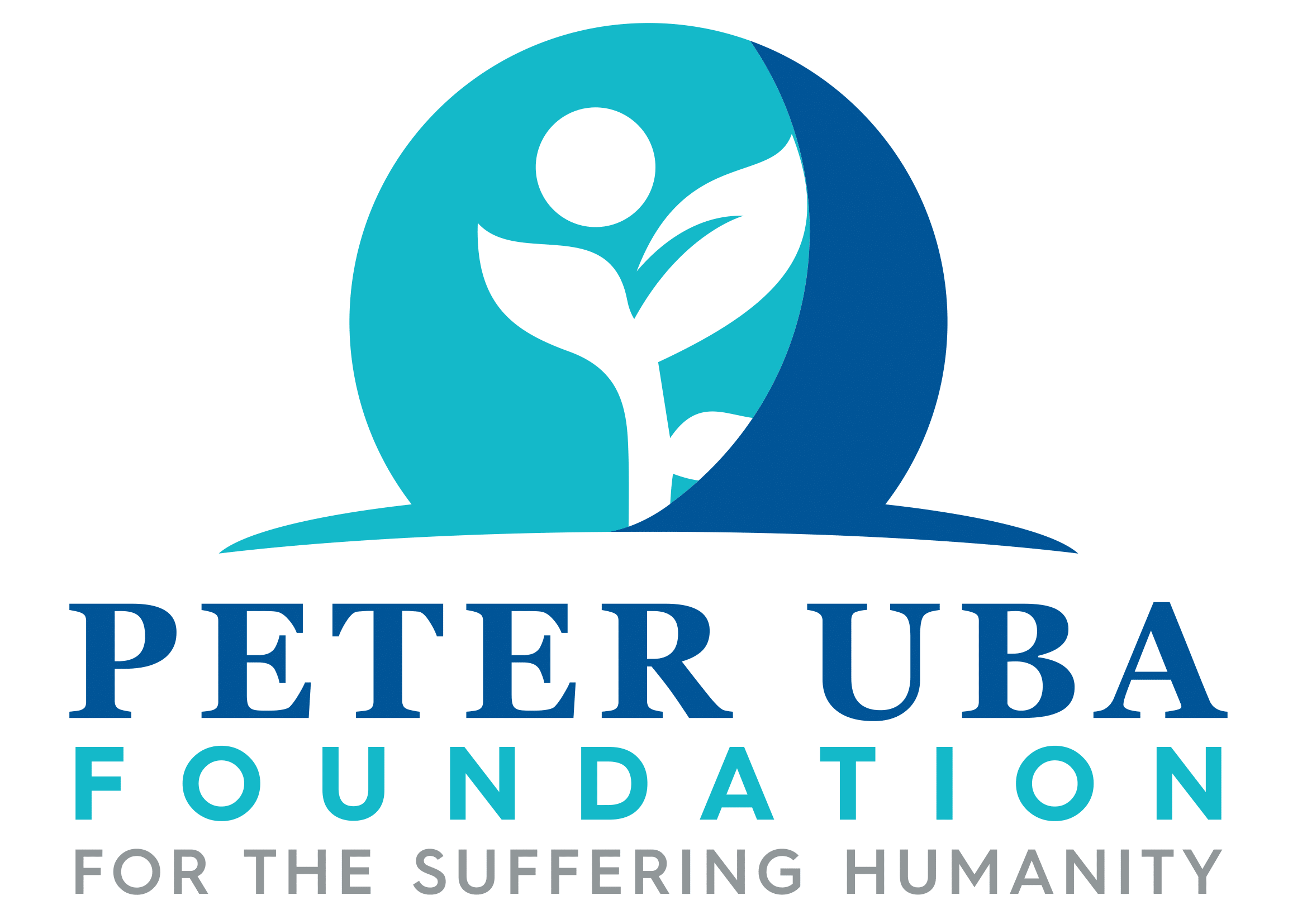
Blog
Diseases Commonly Caused by Malnutrition

Published on 15th October 2021.
Our bodies are the vehicle in which we live our lives. That vehicle requires careful maintenance and fuel taken in by our daily activities and what foods we eat. Malnutrition affects approximately 767.9 million humans on earth each year leading to 7.6 million deaths. That equates to around one person dying every 4 seconds from a seemingly preventive issue. Disease can set up quickly within the body when it is malnourished and the following conditions are the leading diseases caused from malnutrition.
Kwashiorkor
Among the most common diseases caused by malnutrition is noted by a distended abdomen and swollen feet. Although these individuals may appear as healthy due to their enlarged stomach, it is actually quite serious. Kwashiorkor is most common in younger children under 5 years of age. The condition is a protein deficiency and is generally found in countries where food supplies are limited. Sub-Saharan Africa is an area where Kwashiorkor is most prevalent.
Treatment for Kwashiorkor involves extensive introduction of calories and protein into the system. Children who are treated quickly can recover with very little long term affects. Stunted growth is the most common side affect from the disease. However, if Kwashiorkor is left untreated severe mental conditions, physical disabilities, and death can occur.
Marasmus
Severe lack of calories and protein can cause marasmus in children. The condition causes the affected to become weak and experience patchy, dry, and lose skin. Marasmus is most prevalent in children below one year old. Symptoms of Marasmus include stunted growth, chronic diarrhea, and trouble breathing. Children with Marasmus may become irritating. Those who suffer from Marasmus are deficient in iron, zinc, vitamin A, and iodine. Developing countries with scarce food supplies carry the most risk factors for development of Marasmus.

Kwashiorkor and Marasmus comparative Chart
Anemia
Anemia is a very common disease related to malnutrition that affects up to 2 billion people worldwide. Up to half of all those affected by acute and chronic anemia do not know there is a problem. The lack of essential iron and folate leads to noticeable weakness. In developed countries treatment is as easy as changing up diet and including vitamins and minerals. However, in south east Asian countries and many African nations where food is scarce, treatments are not always available. Children and expectant mothers are most at risk for developing anemia.
Goiter
In the early part of the 20th century, blood and bone conditions due to malnutrition resulted in various vitamins added to common foods. One of these nutrients was iodine. In 1924, the United States government requested iodine be added to salt as a means of managing the degenerative condition known as Goiter. Not all nations have adopted the practice of adding essential nutrients to common foods, but success has been noted in nations that have.
Goiter causes the thyroid to swell and can make swallowing and even speaking difficult. Countries that have little to no iodine in their soil develop foods that are deficient in this essential nutrient. Symptoms of Goiter include a low metabolism, weakness, low heart rate, and constant feeling of being cold. The treatment for Goiter is dependent upon how much swelling is involved. Radioactive iodine treatment and mediations such as Levothyroxine are common, but if left untreated, surgery may be prescribed to alleviate the issue. The condition can develop as a child, but may also follow the affected person throughout their lives.

Beriberi
Thiamine and Vitamin B1 are essential to the human body. A deficiency in these nutrients can result in a condition known as Beriberi. Asian countries can be largely affected by this condition due to their consumption of rice. Rice bran is loaded with thiamine and by removing the bran, deficiencies can arise no matter how much rice is consumed. Beriberi affects the nerves, digestive system, and circulatory system of the body.
Beriberi affects just under 200,000 people each year, so it is among the rarer nutrient deficient conditions. However, the affects of this disease can be life threatening. Pregnant women who experience uncontrollable vomiting not related to morning sickness, people with aids, and those that have had recent bariatric surgery can have Beriberi.

There are 2 varieties of Beriberi, wet and dry. Wet Beriberi can affect the circulatory system and heart while Dry Beriberi affects the nerves and muscles. Foods rich in thiamine are essential for preventing and reducing your risk of Beriberi. Proper nutrition should never be taken for granted. In developed nations, where food is easily accessible, many of these conditions are a thing of the past, but in many Asian and African countries, food is not easy to find. Food sources are scarce and the most vulnerable people in those countries are left with very little options for prevention and treatment. Symptoms for malnutrition related diseases can appear mild, but can result in some life threatening or life lo
